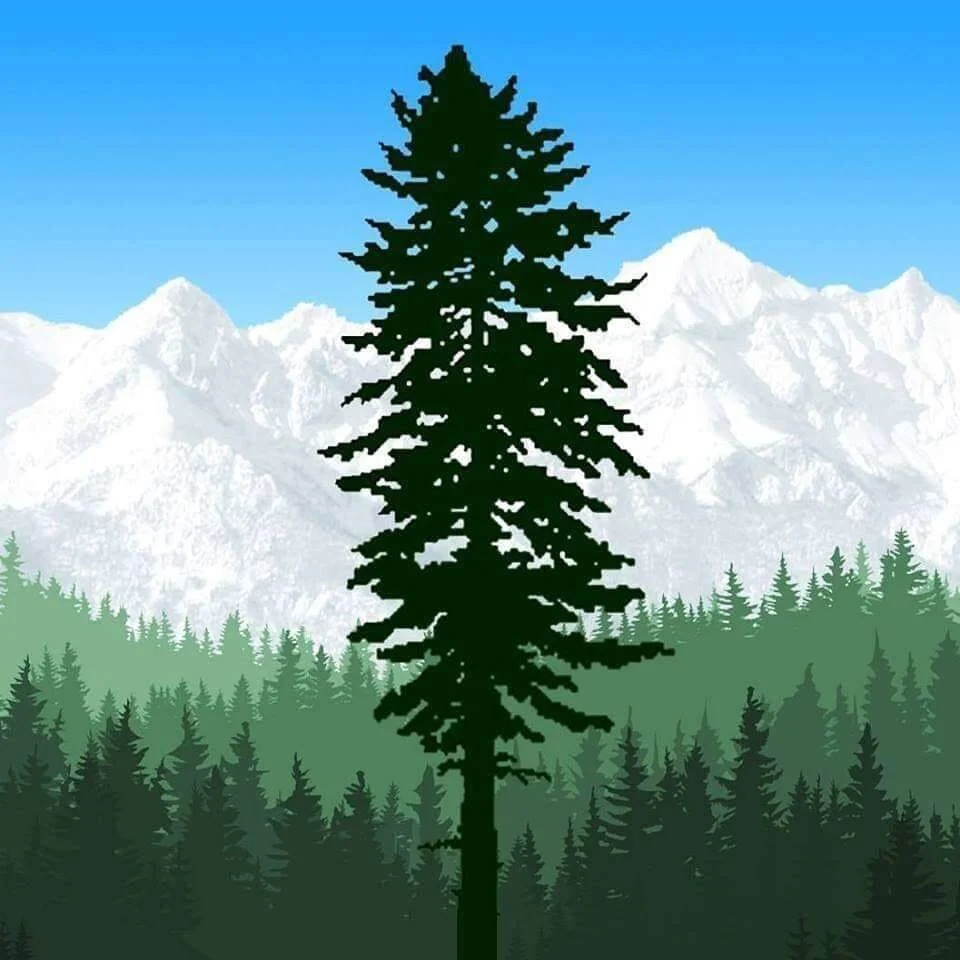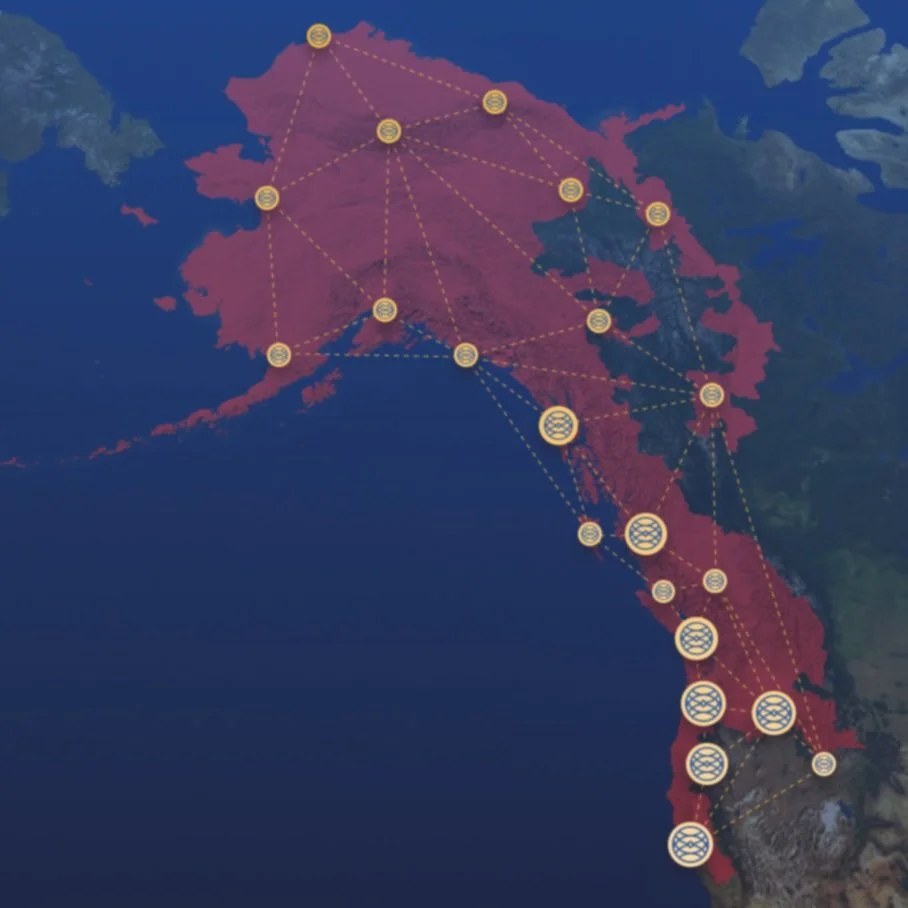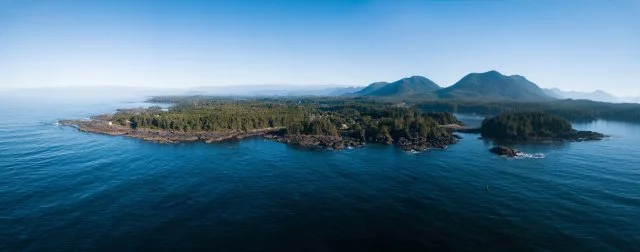HYAK
[HY'-ak] — adverb.
Meaning: Swift; fast; quick; quickly; speed; speedy; hurry; hasten; make haste; instantly; prompt; sudden; suddenly; rapid; rapidity of motion.
Origin: Chinook ai-ak, from a Chinookan particle áyaq 'can; quick, quickly'
Used to denote speed or urgency, as seen in “hyak kilapi” (return quickly; hurry back), "mamook hyak" (to make haste; to be prompt; expedite), and “hyak cooley” (run; race; to run rapidly or go fast), or other forms of rapid movement, like “hyak klatawa” (dodge; gallop). If you ordered a delivery expedited, you might be surprised by the delivery person and how "hyak yaka chako" (quickly they come), perhaps even saying "kloshe mika hyak chako" (good you come quickly) if it was an urgent delivery.
‘Hyak’ could be used to denote frequency, as seen in “hyak hyak” (so often), or even be used as an imperative simply meaning “Hurry!” or “Hurry up!”. Of course, the opposite would be "wake hyak" (moderate; slow; not fast).
Iron Horse Trailstop in Hyak, WA
Hyak lends itself to numerous place names across Cascadia; Hyak County Park is located near Albany, Oregon while Hyak Junior High School is located in Bellevue, Washington. There are two separate Hyak Creeks in Washington, one of which feeds into Hyak Lake, which lies near the unincorporated community of Hyak, Washington, which was established around 1915 at the eastern portal of the Snoqualmie Pass Milwaukee Road Railroad tunnel. Originally a train station, the community began to grow in the 1930s when the railroad built a world-class ski area.
Hyak Mountain is located in the Purcell Mountain range near the communities of Argenta and Lardeau in British Columbia, while Hyak Shelter, a rectangular, 1-story historical building of peeled-pole wall construction, with a wood-shaked, modified gable roof and set on a stone foundation, is located at the edge of an open field, along the North Fork Bogachiel River Trail, within Olympic National Park.
The word is also used for the name of the Hyack Festival held on Victoria Day weekend in New Westminster, BC, distinguished by the Ancient and Honourable Hyack Anvil Battery Salute, a tradition created by The New Westminster Fire Department — known as “The Hyacks" — in 1870 as a surrogate for the royal 21-gun salute usually performed on the Queen's Birthday. With no cannons available in the early colony, the Fire Department improvised by placing gunpowder between two anvils, the top one upturned, and igniting the charge from a safe distance, hurling the upper anvil into the air.
This celebration continues today as an important civic tradition, lending the city the distinction of having the longest-running May Day celebration of its type in the British Commonwealth. Within B.C., at least four other communities still celebrate May Day: Port Coquitlam, Ladner in Delta (whose May Day Festival began in 1896), Bradner in Abbotsford, and The Sunshine Coast's Pender Harbour.
There did exist an interesting regional variant of Chinook Wawa; in the Fraser Canyon "holaporte" was heard to mean "hurry!"
It comes from "all aboard", a cry uttered from many of the steamboats which piloted the Fraser River in the 19th and early 20th centuries.
As an interesting coincidence, the modern Japanese verb and adverb 早く “hayaku” (fast; quickly; hasten) bears a notable similarity to the Chinook Wawa word.

























